Sexual Harassment in KidLit
As a librarian, I don’t often feel genuinely a part of kid or yalit. I’m not an author. I’m not a publisher. I’m not an agent or an editor.
But I am someone who regularly talks about books and puts them into the hands of kids and teens. So these last few days, I have really sat with and thought about what is happening with the MeToo movement in kidslit. And more importantly, what is my response as a human being and as a librarian.
If you need some background, Anne Ursu wrote a post on Medium sharing the results of a survey she did regarding sexual harassment in kidlit publishing. (Sexual Harassment in the Childrens Book Industry Anne Ursu)
ADVERTISEMENT
ADVERTISEMENT
In addition, School Library Journal, with whom this blog is networked, shared a piece about sexual harassment in kidlist as well. Then sometime yesterday the comments exploded and people began naming names of their harassers and there were a variety of discussions had regarding sexual harassment. (http://www.slj.com/2018/01/industry-news/childrens-publishing-reckons-sexual-harassment-ranks/#_)
We as a nation and, really, as a culture, are wrestling with sexual harassment. It’s a discussion we should have been having all along, and it’s an uncomfortable one. The most necessary and most difficult conversations often are. But just because it’s messy and uncomfortable doesn’t mean we shouldn’t be having it.
Previous Posts:
MeToo: Teens, Libraries and Sexual Harassment
Things They Don’t Teach You in Library School: Sexual Harassment in Libraries
As a general rule of thumb, this is where I stand on the issues.
1. Believe the victims
As a survivor myself, I can assure that there is nothing to be gained by coming out as a victim. Even in the midst of the MeToo movement, victims are still shamed, ridiculed, questioned and reviled.
2. Practice the fine art of listening
This past week I have spent a lot of time reading and listening. Yes, even as a survivor myself, it’s still important to listen. Not everyone reacts the same way, not everyone feels the same way, not everyone thinks the same way.
3. Keep in mind that anyone can be a harasser and anyone can be a victim
Although it is true that women are victims far more often then men, and men are abusers far more often than woman, it is also true that anyone can be a victim/survivor and anyone can be a perpetrator. Sexual harassment happens regardless of age, gender, ethnicity, and religion. It happens regardless of where a person is, what they are wearing, or how much they have had to drink.
4. The abuser is always responsible for their behavior
When talking about sexual harassment and violence, it’s important to remember that ultimately, the abuser is always responsible for their actions, their choices. At some point, the abuser must make the decision to engage in the behavior. They and they alone are responsible for their choices.
5. Survivors don’t owe you their stories
ADVERTISEMENT
ADVERTISEMENT
If, how and when people choose to share their stories of harassment and abuse are totally up to the victims/survivors. We do not get to demand of them their stories. They have already been violated once, we do not need to violate them again by denying their personal autonomy and demanding that they answer our questions, share the details, etc. Even if their abuser goes on to abuse 100s of other people, they don’t owe anyone their stories and they are not responsible for any subsequent abuse. They get to process their trauma on their own terms and in their own time.
I also have seen some discussion about what this means for us as librarians who work with kids. And I think that it is a good question, one with which we will wrestle with for quite some time. I know that what I may choose to do personally or as a blogger is different than what I will chose to do as a professional librarian. I purchase and put in my collection every day books that I don’t agree with by people I don’t like because I am a public employee and as such I am not building a personal library, but a community one. To hold the title of public librarian comes with a lot of responsibility to a community that is larger than just me. I am bound by community standards, board adopted collection development policies, and the teens in which I have chosen to serve. So while someone may be named as a serial predator and I will personally chose to believe the victims, I will probably not be able to stop buying their titles for my library. It also means that if I have reason to suspect that my teens will not be safe in the presence of said author, I will chose to invite someone else to an event as a speaker.
As a librarian and a reader, I believe in the power of words. I believe that what we say and what we do matters and helps shape the world that we live in. I believe that every person deserves to walk through this world with a reasonable expectation of respect and safety. I am keeping all of this in mind as I listen to the conversations we are having and trying to figure out when, what and how to say something.
I also want to remind us all that teens today have access to these conversations that we are having. They are connected in ways that previous generations never were. They are connected with authors, with the larger kid/yalit community, and with the news. They see and hear us talking about consent, sexual violence, and sexual harassment. They are listening. They are learning. Now, more than ever, what we say and how we say it matters. We are not just reckoning with our past, but we are helping to shape the future in terms of these issues. What is happening matters.
Filed under: #SVYALit, #SVYALit Project, Things I Never Learned in Library School
About Karen Jensen, MLS
Karen Jensen has been a Teen Services Librarian for almost 30 years. She created TLT in 2011 and is the co-editor of The Whole Library Handbook: Teen Services with Heather Booth (ALA Editions, 2014).
ADVERTISEMENT
ADVERTISEMENT
SLJ Blog Network
2024 Books from Pura Belpré Winners
Passover Postings! Chris Baron, Joshua S. Levy, and Naomi Milliner Discuss On All Other Nights
Winnie-The-Pooh | Review
Parsing Religion in Public Schools
ADVERTISEMENT


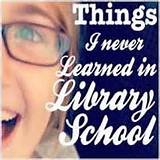

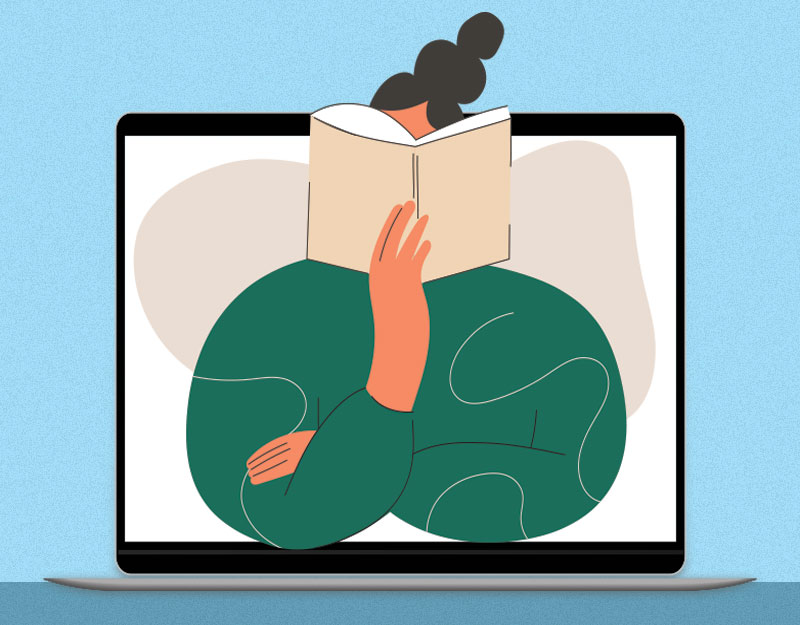
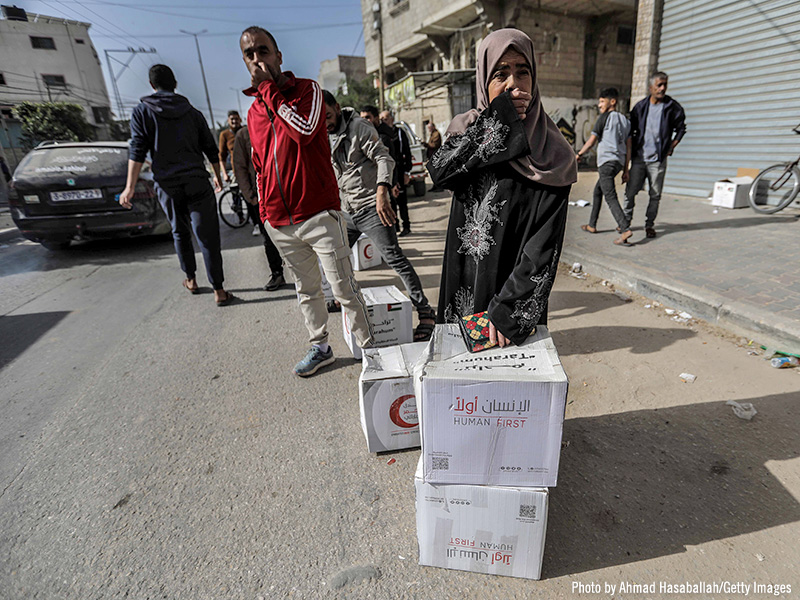
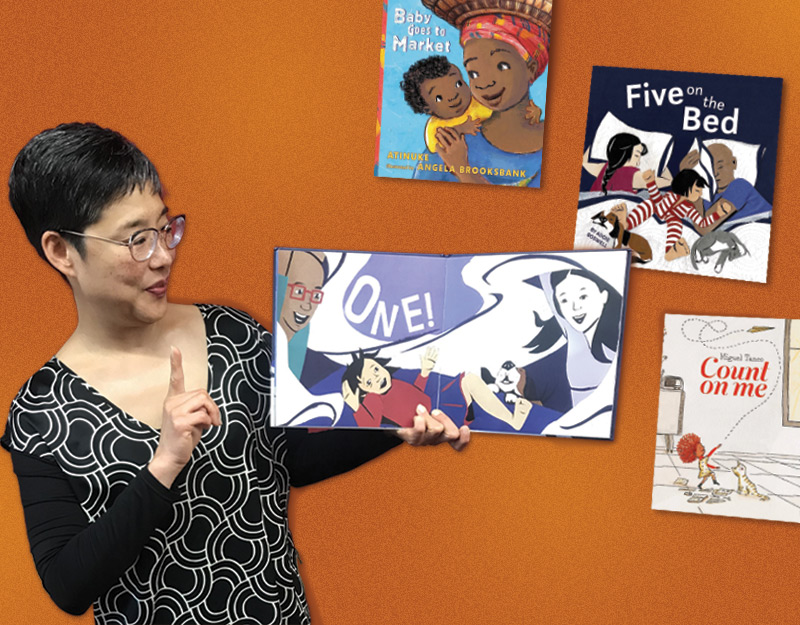

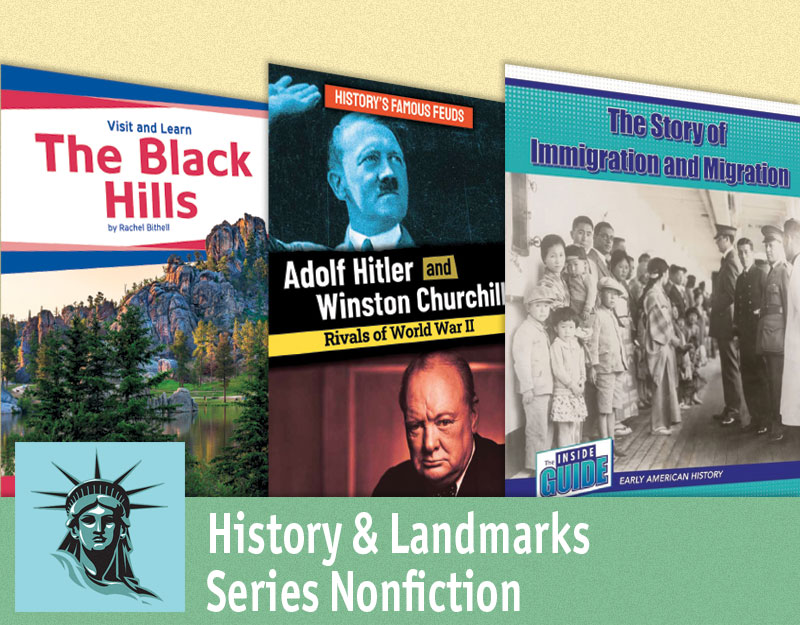
Thank you.
Thank you for writing that last part. Some people would prefer not to share and relive things for the world to hear and they shouldn’t have to.
Thank you, Karen, for writing this important piece. As a female author, one thing I would like librarians, teachers, and bloggers to think about is how they either consciously or unconsciously contribute to the deification of male authors at the expense of female ones. There are so many ways this happens. One, in particular, is to classify books as “boy books” or “girl books.” Publishers bear some of the blame for this. If you look at the covers of books written by men that have a female protagonist, the cover is more gender neutral than the cover of books by female authors with a girl protagonist. The contributes to the “girl book” perception by librarians, booksellers and teachers. I had a media specialist tell me that she almost only had me speak to the girls because it was a “girl book.” Fortunately she didn’t: I spoke to both sexes and they were all engaged, because I don’t speak about gendered subjects at a school visit – I’m talking about things every thinking human being needs to know, like that writing well no matter what field you go into matters, media literacy, etc – and doing it in a way that will make them laugh as well as think. I then asked her what message it sends to girls when male authors speak to both sexes (and therefore get more school visits) whereas women are only to speak to girls. It’s giving girls the message that their voices aren’t as important, and boys the message that they don’t need to listen to women. So I would ask all the women in this field to think very hard about this. I’d also ask conference organizers to think about the motivations of offering higher honorariums to male authors, then plead poverty to female authors so they come at a reduced rate. Or uses only male authors in their publicity for the event, even though award winning female authors are going to be there, too. Everyone in this field has to take a good hard look in the mirror and ask themselves how they are contributing to inequality and either conscious or unconscious sexism.
As a middle school librarian, I would love to see some books addressing this serious issue. Fiction as well as non-fiction. Should you come across any that would be appropriate for 6th – 8th graders, I would be very grateful. Thank you for sharing your knowledge with us.
The goal as I see it isn’t to end the careers of the predators or to purge our shelves of their works. The goal is to stop the predatory behavior of known serial offenders. That means not knowingly providing the offenders with opportunities to reoffend just because they’re popular or have done work you admire. You don’t hire a pedo to entertain at your kid’s birthday party just because he’s a great clown.
Hi, there! i’ve definitely been seeing more and better books about sexual violence and assault, consent, and healthy relationships for teens. And that is so amazing because they sure weren’t around when i was a teen. I’ve been struggling to find books aimed at teens (or teens AND parents rather than just parents) about sexual predation. there are some general books about the fact that it exists and stories of teens who have been in those situations. Those are helpful, but not as helpful as a book talking directly to teens about sexual predation of various kinds, how to recognize it, and how to protect yourself. sex trafficking “scams” online and elsewhere in the world are of issue to me. but i’m also particularly interested in inappropriate relationships between adults and teens which is an issue I think is often not discussed in our society or shrugged off, and in many cases the teens themselves are blamed or even praised by larger society for being in those situations. adults seem to be having a difficult time firmly identifying this as predation, except *perhaps* but not always when this happens within the context of a school. i feel like i’m at a loss to provide print materials around this subject and about what to do when i see a teen i’m concerned about as these are kids without parents around for some reason. any help would be great. many thanks